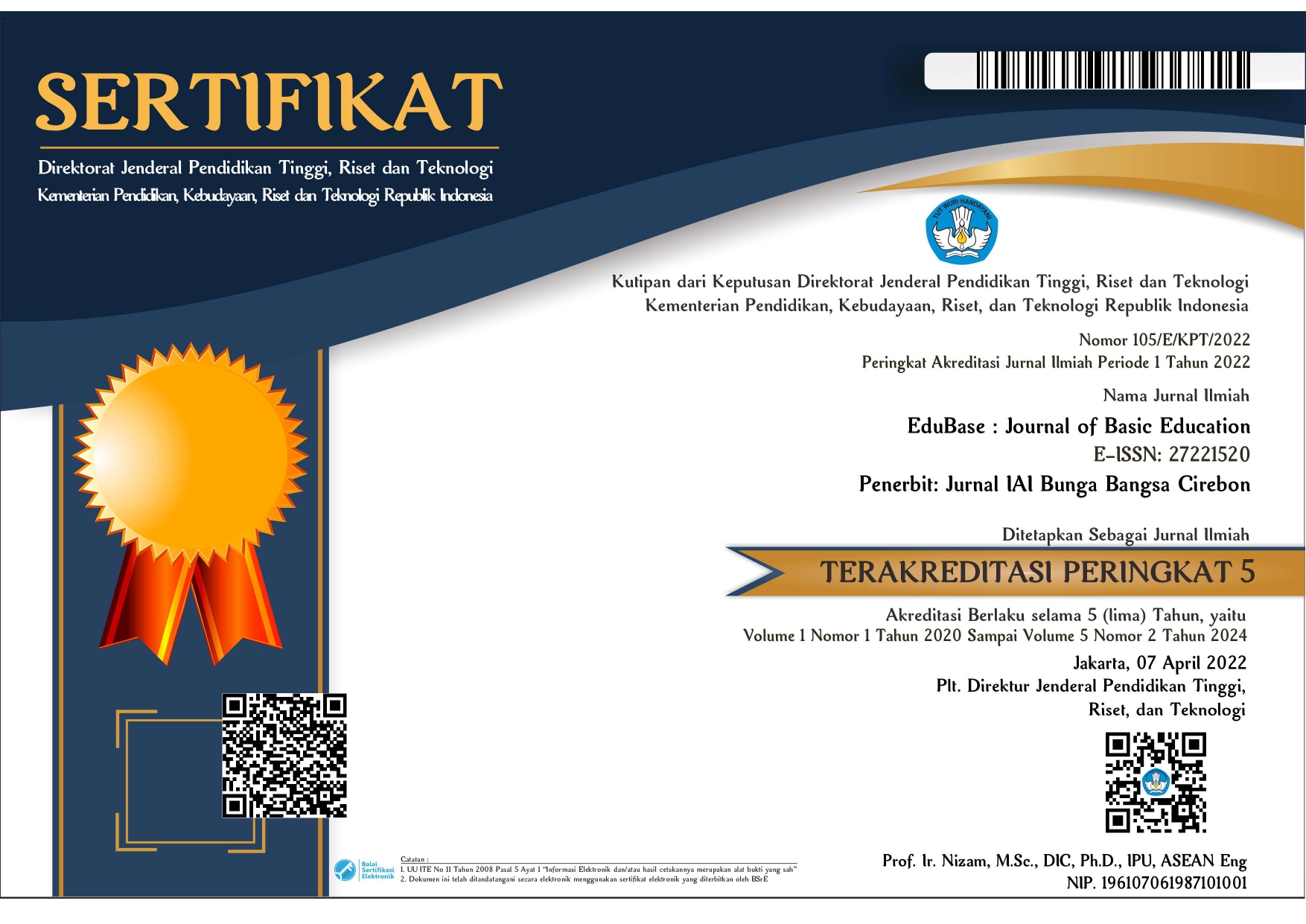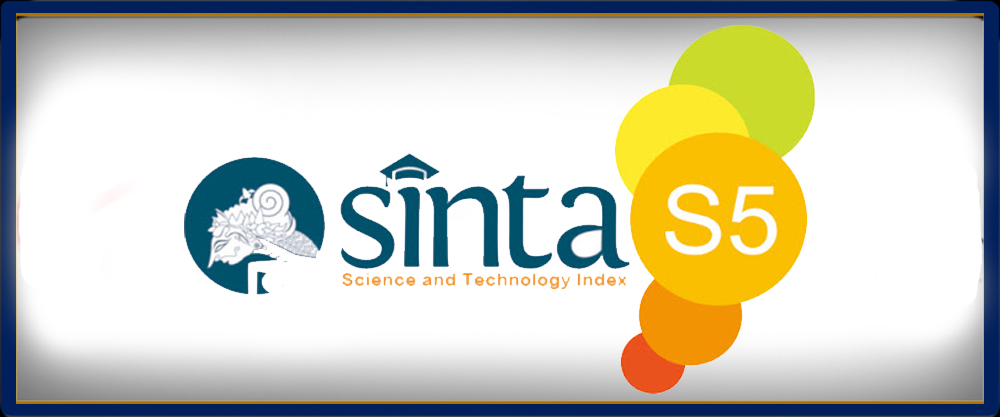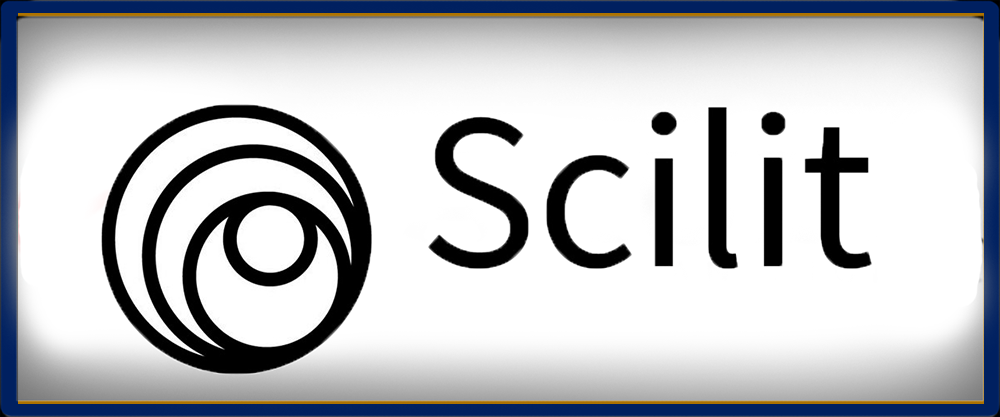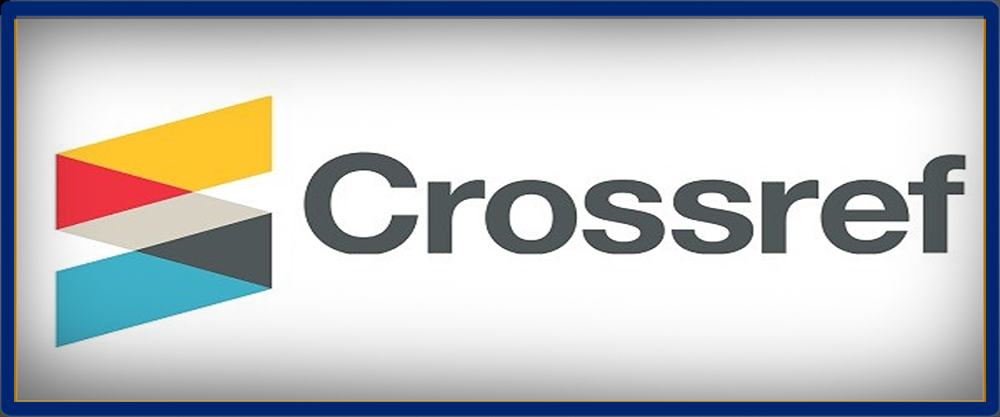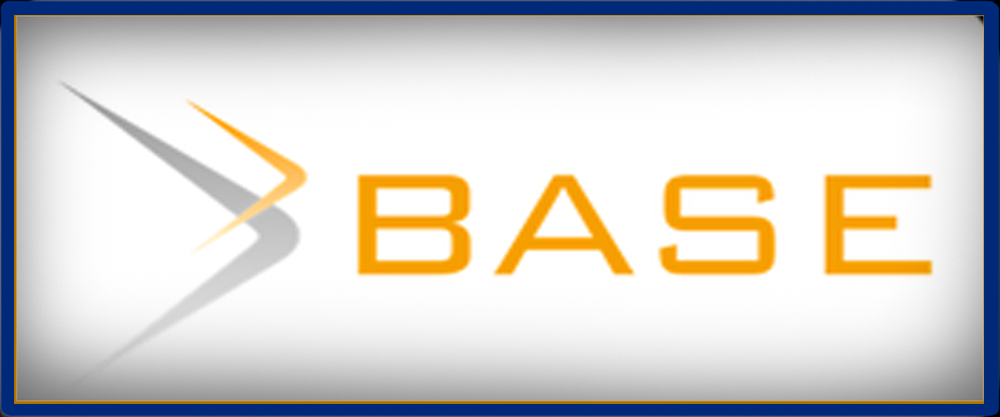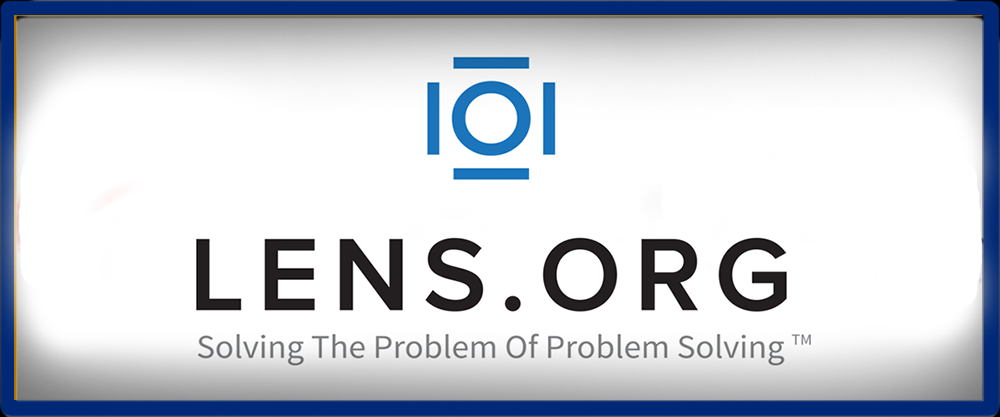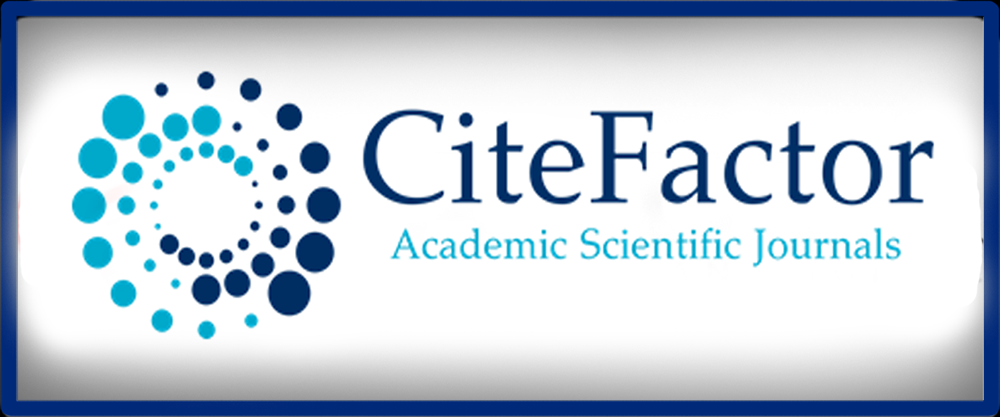Effect of Think-Pair-Share Instructional Strategy on Secondary School Students’ Interest in Chemistry
Abstract
This study investigated the effect of think-pair-share instructional strategy on secondary school students’ academic interest in Chemistry. It covered the topics; acids, bases and acid-base reactions. Two research questions guided the study and two hypotheses were tested at 0.05 level of significance. The quasi-experimental design was adopted. The population of the study was 5,714 senior secondary school year one (SS1) Chemistry students in Awka Education zone in Anambra State. A sample of 192 SS 1 Chemistry students obtained using stratified and simple random sampling techniques was involved in the study. The instruments for data collection were Chemistry Achievement Test (CAT) and Chemistry Interest Scale (CIS) validated by experts. The reliability of the instruments were established using Kuder-Richardson Formula 20 for CAT which yielded coefficient of internal consistency of 0.81 and Cronbach Alpha for CIS with a reliability coefficient of 0.71. Data were collected by administering the instrument. The data obtained were analyzed using mean and standard deviation to answer the research questions; and analysis of covariance (ANCOVA) to test the hypotheses. The findings of the study revealed that there was significant difference in the mean interest scores of the students taught Chemistry using think-pair-share instructional strategy and those taught using lecture method in favour of think-pair share instructional strategy. Moreso, there was no significant difference in the mean interest scores of male and female students taught Chemistry using think-pair-share instructional strategy. Based on the findings, recommendations were made that workshops and seminars should be organized by school heads to orient Chemistry teachers on how to effectively use think-pair-share instructional strategy in the teaching and learning of Chemistry. The study contributed to knowledge such that it has empirically proved and established that use of TPS improves students' interest in Chemistry surpassing lecture method. The study also revealed empirically that use of TPS in teaching Chemistry enhances male and female students’ interest
Downloads
References
Asyari, M. (2018). Improving critical thinking skills through the integration of problem-based learning and group investigation. State University of Malang, Indonesia, 5 (1), 36-44.
Bamiro, A. O. (2015). Effects of guided discovery and think-pair-share strategies on secondary school students’ achievement in chemistry. SAGE open. The International Journal of Technologies in Learning, 21 (1): 1 - 7.
Enebechi, R. I. (2016). Effects of two instructional scaffolding strategies on secondary school students’ achievement and interest. [Unpublished PhD Dissertation, University of Nigeria]. https://unn.org/uc/item/1t39b6g3
Eze, G.N & Obiekwe, P.C. (2018). Think-pair-share instructional strategy: a variety tool for enhancing students’ achievement in secondary school chemistry. African Journal of Science, Technology and Mathematics Education, 4(1), 64-71.
Ezeliora, B.A, Ibe, F.N & Obikezie, M.C. (2021). Comparative effects of teaching with improvised instructional materials and standard instructional materials on secondary school students’ academic achievement in Chemistry. International Journal of Research in Education and Sustainable Development, 1(8), 27-40.
Federal Republic of Nigeria (2013). National policy on education (6th Ed.). Nigerian Educational Research and Development Council (NERDC) E Press.
Ibe F. N. (2021). Comparative effects of teaching with improvised instructional materials and standard instructional materials on secondary school students’ academic achievement and retention in chemistry. [An Unpublished Master’s Thesis] Chukwuemeka Odumegwu Ojukwu University.
Ibe, F. N, Obikezie, M. C. & Chikendu, R. E. (2021). Effects of improvised instructional materials on Chemistry students’ academic retention in secondary school. International Journal of Research in Education and Sustainable Development, 1(5), 19-31.
Igboanugo, B. I (2018). Interactive effects of science-technology-society instructional approach, teacher experience, gender and school location on students’ achievement and interest in chemistry. [Unpublished Ph.D. Dissertation] University of Nigeria.
Imam M. (2018). Improving students’ reading skills through knowledge strategy. [Unpublished Ph.D. Dissertation] Ar-Raniry State Islamic University.
Moyegun, O. (2022). Effect of think-pair-share instructional strategy on secondary on students’ academic achievement and interest in Chemistry. [An Unpublished M.sc Thesis] University of Abuja.
Nwaukwa, F. C. (2020). Effect of think-pair-share instructional strategy on secondary school students’ academic achievement, retention and self-efficacy in financial accounting. [An Unpublished PhD Dissertation] Nnamdi Azikiwe University.
Ogunyebi, T. H. (2018). Enhancing science performance through think-pair-share strategies among college of education students in integrated science. International Journal of Education and Evaluation, 7(5), 24-35.
Okafor, C.F. & Nzomiwu, C.C. (2021). Effect of think-pair-share instructional strategy on secondary school students’ academic achievement in Algebra. Chukwuemeka Odumegwu Ojukwu University Journal of Science Education & Allied Discipline, 3(1), 21-32
Okebanama, C. I &Umate, B.A. (2023). Assessing the effectiveness of think-pair-share and know-want-to-know-learn instructional strategies on students’ academic achievement in Chemistry. Proceedings of the 63rd Annual Conference Science Teachers Association of Nigeria. 217-229.
Ornguze, K.K. & Joseph, S. (2023). Effect of lecture method enriched with think-pair-share techniques on interest in matter concepts among basic science students. Academic Journal of Education Research, 11(6), 133-138
Ribhi, K. A. H. (2017). The effect of think-pair-share strategy on the achievement of third grade students in sciences in the educational district of Irbid. Journal of Education and Practice, 8(9), 88-95.
Tera, G.M. (2018). The importance of physics classes for a career in STEM. The Hechinger Report. https://givingcompass.org/article/the-importance-of-physics-classes-for-a-career-in-stem.
Usang, F. P. (2021). Effect of think-pair-share instructional strategy on secondary school students’ academic achievement and interest in Chemistry. [An Unpublished M.Sc Thesis]. Nnamdi Azikiwe University.
Usang, F.P & Okoli, J.N. (2021). Effect of think-pair-share teaching strategy on secondary school students’ achievement in Chemistry in Cross River state. IOSR Journal of Research & Method in Education, 11(2), 42-48.
Vygotsky, L. (1978). Interaction between learning and development. Readings on the Development of Children, 23(3), 34-41.
West African Examination Council (2015), (2016), (2017), (2018), (2019), (2020), (2021), (2022). Chief Examiners’ Reports. Amao Press Ltd.
Yusuf, A.R, Owede, V. C & Bello, M. B. (2018). Effect of think-pair-share instructional strategy on students’ achievement in civic education. Antolian Journal of Education, 3(2), 47-62

